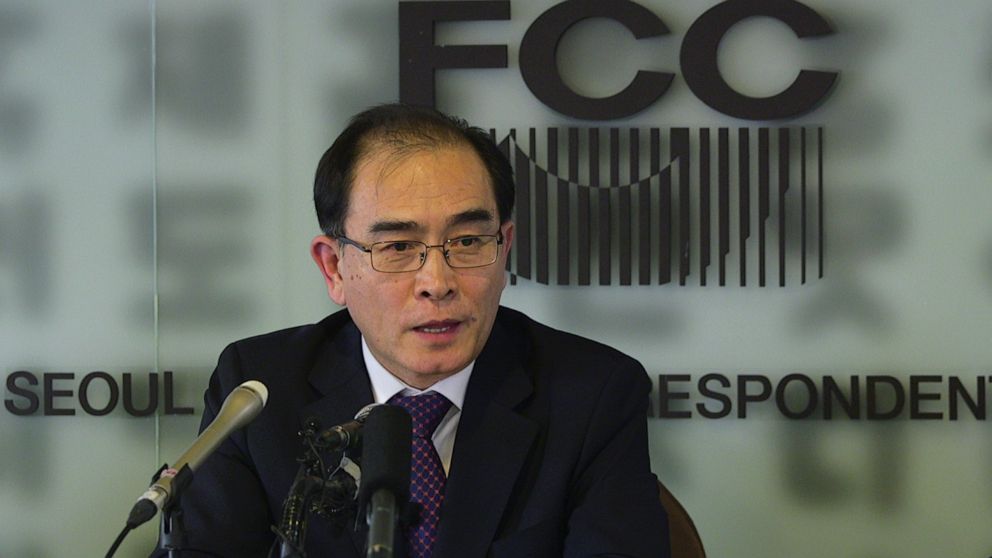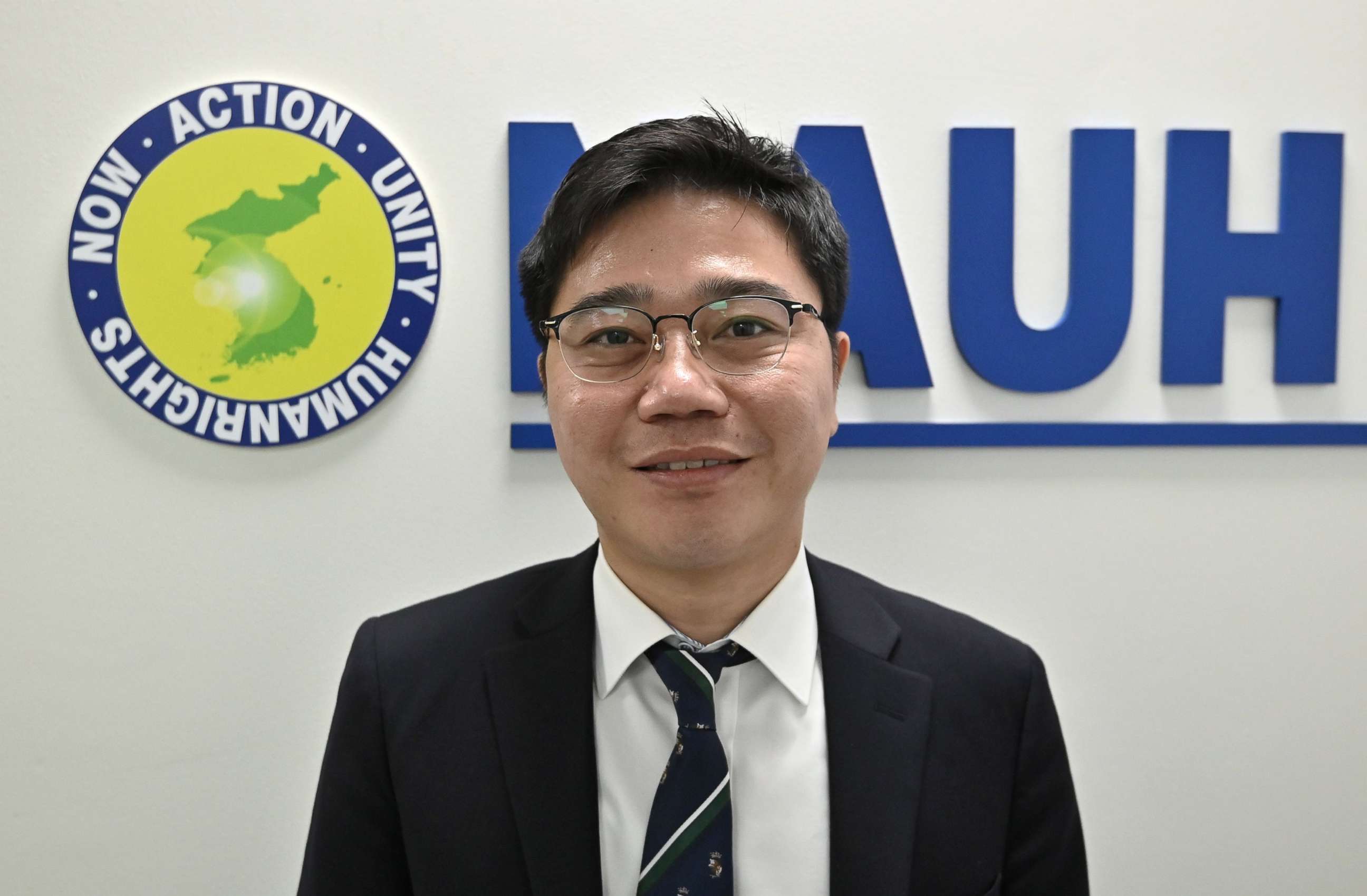Former North Korean diplomat elected lawmaker in South Korea
Thae Yong-ho is the first North Korean defector elected as a lawmaker
SEOUL, South Korea -- Thae Yong Ho, the second-highest ranking North Korean official to have defected to South Korea, made history becoming the first defector to be directly elected as a lawmaker in South Korea’s affluent Gangnam district.
Thae ran under his pseudonym Tae Ku-min for cyber security reasons in South Korea’s national general elections, representing the opposition conservative United Future Party. He beat rival Kim Sung-gon, a four-term assemblyman of the ruling Democratic Party of Korea.
"I risked my life and came to the Republic of Korea in search of freedom, democracy and market economy," Tae told local press on live broadcast. He also emphasized that his election would "be an opportunity to publicize South Korea’s broad-mindedness and democracy to the world and especially to North Korea."

Tae’s win at Seoul’s posh Gangnam-gu District known for upscale luxury apartments and high-end fashion houses is a light blow to the ruling party that victoriously grabbed 178 out of 300 seats in the National Parliament on Wednesday.
Another North Korean defector, Ji Seong Ho, secured a position through proportional representation for the same conservative opposition party. Ji is a high-profile human rights activist who had made a surprise appearance at President Donald Trump's State of the Union address in 2018.
The 300 members of the National Assembly in South Korea consists of 253 directly contested seats and 47 proportional representation positions.
Tae has drawn international attention four years ago, seeking asylum in South Korea while serving as North Korea’s deputy ambassador to the United Kingdom. He has since successfully settled in Seoul with his wife and two sons, making his career as an outspoken researcher, lecturer, a best-selling author and a YouTube influencer with 163K subscribers to his channel.
"I run YouTube, Facebook and Instagram. Every 10:00 at night, I do livestreaming, so that I can reach out to people [on the internet]," Tae told ABC News, speaking in English. He noted that he also conducts online chats with local residents.
In the past two weeks, Tae spent most of the time meeting citizens both online and offline as part of an effort to represent a city district. His new name, Ku-Min, translated in Korean means ‘saving people,' a motto which he claims he is determined to live by.
Tae caught public attention when he was spotted accompanying Kim Jong Un's elder brother to an Eric Clapton concert in London in 2015. Tae defected to the South in 2016, stating that he hoped his children would not have to live "miserable lives" in North Korea.
"North Korea is a totalitarian system. There is no such thing as a candidate visiting people, or appealing to get support. Every representative of the assembly is appointed by Kim Jong Un," Tae said.
"Tae knows the communist regime to the bottom and also has experience working as a diplomat in a democratic country for a long time. I believe that will give him a more objective stance in handling diplomatic issues," Choi Younghae, a 70-year-old business woman who worked at a foreign embassy in her 30s, told ABC News, at an outdoor campaign event on Monday.

"Those who have never listened to Tae talk may have prejudices of a North Korean defector," Sean Koo, a white-collar worker living in Gangnam, told ABC News. "In his speeches, I can tell that he risked his life to live in a democratic society, and that he will work to retain that."
Tae has acknowledged that there were those who question his qualifications to be a lawmaker in South Korea. Some critics have called Tae a "commie" and questioned whether he still has allegiances to North Korea. Tae directly rebutted those accusations.
"Kim Jong Un is the person who will be most unhappy when I become a lawmaker in South Korea. It does not make sense to call me a 'commie,'" Tae said during his campaign speech to Gangnam residents.
Tae told ABC News that his participation in the National Assembly can signal hope and new possibilities for the people of North Korea, especially the ruling class. "It can be a new signal to North Korea's elite and people that South Korea is [an] open and inclusive society, so that in the future, we can be one again."
"In the past two years and a half, I was very much frustrated by the current policy of the government because South Korea wanted to achieve something by appeasing Kim Jong Un, and that is really wrong," Tae said.
ABC News' Hakyung Kate Lee contributed to this report.




